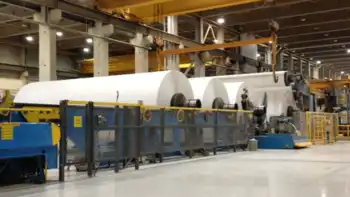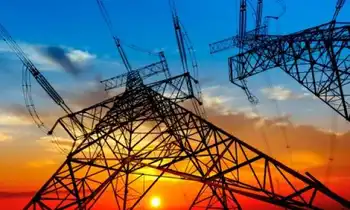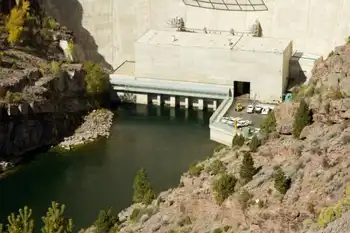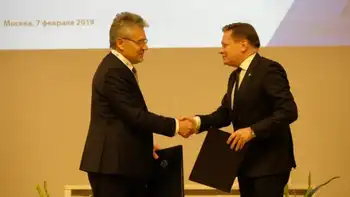Minnesota Signs Deal With Manitoba Hydro
WINNIPEG -- - The Minnesota Public Utilities Commission has unanimously approved a $1.7 billion power export deal with Manitoba Hydro.
It allows Minneapolis-based Xcel Energy to import power from Manitoba Hydro, despite the objections of aboriginal groups.
The 500-megawatt, 10-year deal was given the go-ahead.
It's an extension of an existing deal and will allow power to be exported until 2015.
Approval by Canada's National Energy Board is pending.
The Minnesota decision is a blow to the Pimicikamak Cree Nation of Cross Lake, Manitoba. They had asked the commission to first call a formal hearing into the social and economic impact of historic hydro development on their homeland.
Related News
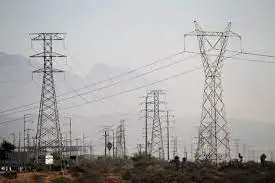
Overturning statewide vote, Maine court energizes Hydro-Quebec's bid to export power
BANGOR - Maine Hydropower Transmission Line revived by high court after referendum challenge, advancing NECEC, Hydro-Quebec supply, Central Maine Power partnership, clean energy integration, grid reliability, and lower rates across New England pending land-lease ruling.
Key Points
A court-revived NECEC line delivering 1,200 MW of Hydro-Quebec hydropower via CMP to strengthen the New England grid.
✅ Maine high court deems retroactive referendum unconstitutional
✅ Pending state land lease case may affect final route
✅ Project could lower rates and cut emissions in New England
Maine's highest court on Tuesday breathed new life into a $1-billion US transmission line…

